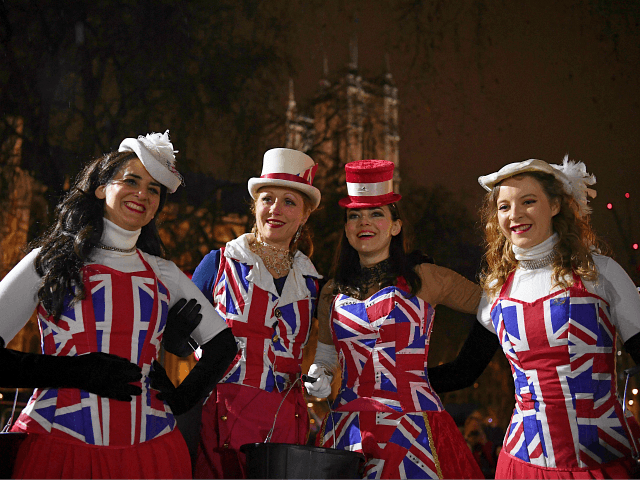The government has announced the UK Global Tariff structures which will replace the EU-enforced Common External Tariff once the country leaves Brussels’ institutions at the end of this year, meaning that items like dishwashers will be cheaper but British industries like car manufacturing and farming will be protected.
The new tariff announced on Tuesday will make it cheaper for businesses to import from abroad, with prices lowering and choice increasing for British consumers.
Easier, simpler, and lower than the Brussels tariff, some of the products that will now have zero duties include dishwashers (down from 2.7 per cent) and freezers (down from 2.5 per cent), hardware items like paints (down from 6.5 per cent) and screwdrivers (down from 2.7 per cent), and even Christmas trees (down from 2.5 per cent).
The new regime will continue to protect key British industries by maintaining tariffs on cars, agricultural products like meat, fish, and ceramics and glass.
UK-U.S. Trade Negotiations Should Be ‘Absolute Priority’, Says Think Tank, as Advanced Talks Set for June
https://t.co/FkANv5uRt7— Breitbart London (@BreitbartLondon) May 19, 2020
International trade secretary Liz Truss said: “For the first time in 50 years we are able to set our own tariff regime that is tailored to the UK economy. Our new Global Tariff will benefit UK consumers and households by cutting red tape and reducing the cost of thousands of everyday products. With this straightforward approach, we are backing UK industry and helping businesses overcome the unprecedented economic challenges posed by Coronavirus.”
As formerly a member of the EU and still constrained during the transition period, the UK has had to abide by the Common External Tariff (CET) which has prevented the UK from making her own trade deals with countries like the United States.
From January 1st, 2021, tariffs will be applied to any country that has not agreed on a trade agreement with the United Kingdom. That also means that these tariffs will be applied to the EU if London and Brussels do not agree on a free trade arrangement.
The newly-released arrangements come after the UK has reported “positive and productive” progress during negotiations on the long-hoped-for free trade agreement with the United States.
Meanwhile, the EU is reportedly considering dropping its demands for continued access to British fishing waters, with the government maintaining that it will not trade sovereignty for a deal. The UK has recently signalled its preparedness to leave negotiations with Brussels if sufficient progress is not made by ramping up work at the government’s XO (exit operations) no-deal planning committee.
EU May Back Down on Fishing Demands While UK Govt Ramps up No Deal Preparations: Reports https://t.co/WHroyIURTv
— Breitbart London (@BreitbartLondon) May 18, 2020

COMMENTS
Please let us know if you're having issues with commenting.